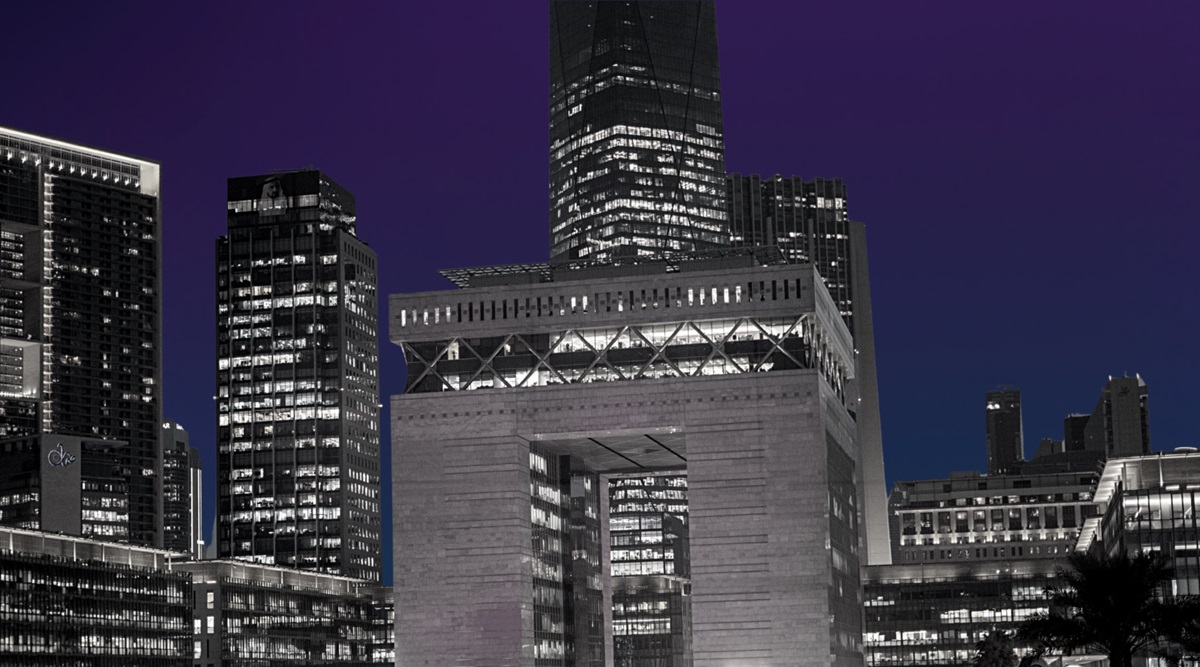The world may have ushered in a New Year, but there is no reason to think that the problems of 2012 will not rear their ugly head in 2013 and be compounded with a fresh set of problems.
In fact, the New Year may well bring more regime changes in the Middle East, a trend that has swept the region over the past few years.
“Situations of societal forced regime change across the Middle East and North Africa, coupled with the prevailing high risk of similar types of regime change in other nations, poses significant risks to business continuity plans,” says Maplecroft in its fifth annual political risk report.
Some of the companies vulnerable to “societally-induced regime change” include Syria, Sudan, Yemen, apart from Guinea Bissau, DR Congo, Zimbabwe, Madagascar, Mali and Bangladesh.
“What actually transpires will be defined by the extent of intransigence of the ruling powers and the extent of positive reform that the government is able to undertake to quell societal disquiet,” said Maplecroft.
The risk analysis company notes that Syria and Libya will be key flashpoints in the world, and could impact neighbouring countries as well spreading the risk across the wider Middle East region.
“The impacts of violence and instability in Syria and Libya are also being felt beyond their own borders,” said Maplecroft. “The proliferation of weapons from the former Gaddafi regime continues to feed instability from Mali to Sinai; a ‘spill-over’ of the Syrian violence is deepening sectarian fault-lines in Lebanon; while Turkey’s security situation is worsening.”
Conditions have deteriorated in Turkey’s biggest Kurdish-majority city and province, Diyarbakir, with 870 people killed since June 2011 – the worst level of violence in a decade, as fighting between the PKK and government forces intensified.
“Once Turkey’s third best off economic centre, Diyarbakır and its surrounding province have fallen to 63rd place at last measurement. Investment has long been low due to violence, flawed government policies and the Kurdistan Workers’ Party (PKK) sabotage, kidnappings, terrorist attacks and extortion,” said the International Crisis Group, highlighting turmoil in the area.
For the first time in five years, Maplecroft has placed Turkey in the ‘extreme risk’ category of its Terrorism Risk Index, reflecting increasing terrorist attacks by the separatist rebel group.
Libya, which had been lauded by western countries for getting its oil infrastructure back on its feet in quick time after the bloody end to Colonel Qaddafi’s regime, was back in the headlines last year for all the wrong reasons when the U.S. Ambassador and other American personnel were killed in the Libyan city of Ben Ghazi.
The terrorist attack on the United States’ interests showed Libya remains a key troubled spot in the region and it remains an insecure and volatile country. More crucially, the central government has little control over the warring factions and autonomous armed groups that patrol parts of the North African country.
“Disputes are rooted in competing claims over land, property and power that pre-existed Qadhafi and were first exacerbated by his regime’s clientelism and patronage networks, next by communities’ varying positions during the uprising, and finally by acts of revenge in its aftermath,” notes the Crisis Group.
However, the biggest risk remains Syria, which Maplecroft ranks the world’s second riskiest country.
The United Nations recently said casualties in the tragic civil war raging in Syria stood at 60,000 dead, far higher than earlier estimates.
“Given there has been no letup in the conflict since the end of November, we can assume that more than 60,000 people have been killed by the beginning of 2013,” UN High Commissioner for Human Rights Navi Pillay said in a press statement. “The number of casualties is much higher than we expected, and is truly shocking.” “The failure of the international community, in particular the Security Council, to take concrete actions to stop the blood-letting, shames us all,” Pillay said. “Collectively, we have fiddled at the edges while Syria burns.”
Risks will not only come in the shape of political and sovereign shocks. Companies will need to look out for a range of issues that could impact their businesses. A cyberattack is the fourth biggest concern for global companies according to a World Economic Forum (WEF) survey.
The recent cyberattack on Saudi Aramco systems show digital terrorism attacks are not in the realm of sci-fi and imposed a very real danger to regional business and globally-sensitive energy infrastructure.
The WEF study shows nearly 21% of respondents in the survey thought cyberattack was a key risk in 2013, compared to 18% that were surveyed a year. Indeed, digital threats and opportunities can come in multiple ways.
Studies of Twitter and Facebook activity in Egypt and Tunisia leave no doubt about the role social media played in facilitating the Arab Spring, and while that’s a strong positive, the dark side could spread “digital wildfire” and shake markets.
“Fake tweets have moved markets, offering the potential to profit from digital wildfires. A Twitter user impersonating the Russian Interior Minister Vladimir Kolokoltsev in July 2012 tweeted that Syria’s President Bashar al-Assad “has been killed or injured”, causing crude oil prices to rise by over US$ 1 before traders realized the news was false,” notes the WEF.
Other key risks identified in the WEF survey include water supply crisis, food shortages and diffusion of weapons of mass destruction. These issues have come to the fore with Iran’s nuclear ambitions, Syrian regime’s threat to unleash a chemical attack on it citizens or Israel’s warning to attack sensitive Iranian, or Hamas’ security facilities, which could escalate into full-blown conflicts.





